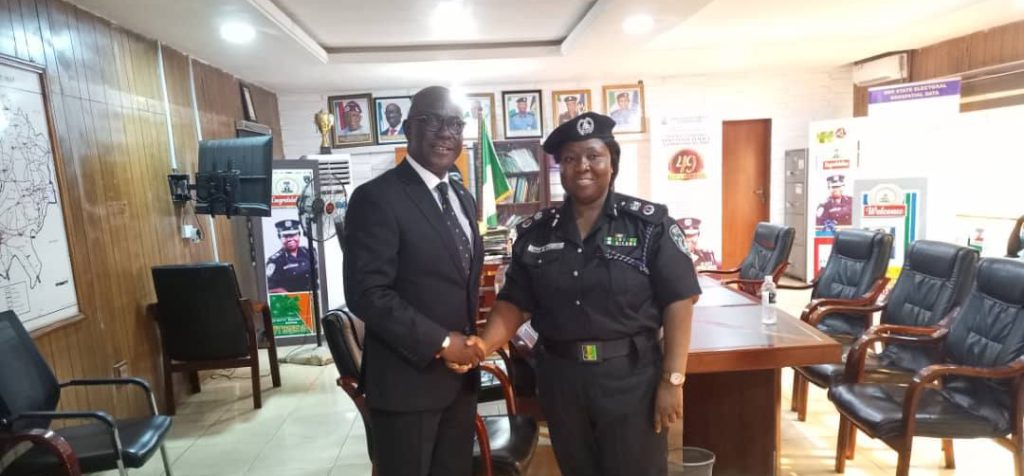In an interview with the News Agency of Nigeria (NAN), Prof. Jesse Otegbayo, Chief Medical Director of the University College Hospital (UCH) in Ibadan, emphasized the importance of maintaining a healthy lifestyle and undergoing regular screenings for preventable cancers as Nigeria observes World Cancer Day.
Prof. Otegbayo, a distinguished oncologist, highlighted the critical role that individual responsibility plays in health maintenance.
He stated, “Prevention is better than cure. Let’s get screened for the cancers that are preventable, particularly if one has a first-degree relative with any form of cancer.” His remarks come as a timely reminder for Nigerians to adopt proactive measures in safeguarding their health.
The oncologist pointed out various environmental and genetic factors that contribute to an increased risk of cancer. He noted that certain bacteria, such as those responsible for peptic ulcer disease, can lead to stomach cancer. Additionally, he cited chronic Hepatitis B as a precursor to liver cancer, while the Human Papillomavirus (HPV) is linked to cervical cancer, and the Epstein-Barr Virus (EBV) is associated with nasopharyngeal cancer.
“These conditions are potentially treatable but can wreak havoc if left unchecked in the body,” he cautioned.
Prof. Otegbayo also addressed lifestyle choices that can exacerbate cancer risks, particularly smoking and excessive alcohol consumption, which he stated are associated with various forms of cancer. He explained, “Sometimes, it is due to genetics, in which there is the switching of genes, causing disarray, thereby making the cells cancerous.”
He further warned that individuals with a family history of cancer are at a heightened risk for similar or related cancers.
He encouraged the public to take advantage of established screening programs, highlighting that individuals over 45 should undergo colorectal screenings, while breast cancer can be detected through mammography, and prostate cancer can be assessed via clinical examinations and blood tests.
In light of the 2025 World Cancer Day theme, “United by Unique,” Prof. Otegbayo called for a collective approach to cancer care that focuses on the human experiences behind the disease rather than solely on the illness itself. He stressed the necessity for a patient-centric model in cancer research and treatment.
The oncologist also urged the Nigerian government to enhance efforts to retain healthcare professionals in the country, stating, “The government has invested really, but we need more commitment to change cancer narratives in the country. Manpower is a big issue that requires special attention.”
He concluded that without adequate support for medical personnel, the investments in healthcare technology may not yield the intended benefits.

